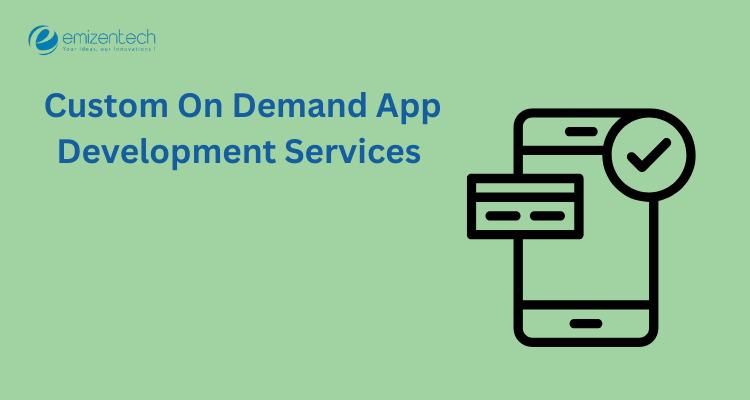Harnessing Digital Innovation in Event Marketing Strategies

Introduction
The rise of digital technology has transformed how events are planned, promoted, and executed. Event marketing strategies today must integrate digital tools and platforms to stay relevant and reach wider, more engaged audiences. Leveraging innovation not only amplifies reach but also enhances the overall attendee experience, creating deeper connections and measurable results.
Digital Channels as Cornerstones
At the heart of modern event marketing strategies lies the smart use of digital channels. Social media platforms such as Instagram, LinkedIn, Facebook, and TikTok offer unparalleled access to targeted demographics. These channels enable creative storytelling through videos, live streams, stories, and interactive posts that can generate buzz and excitement.
Paid digital advertising further expands the audience, with highly targeted options allowing event promoters to focus budgets on their ideal attendees. Retargeting campaigns remind visitors who showed interest but did not register, nudging them to convert.
Email marketing remains a vital component, but it has evolved to be far more personalized and automated. Segmentation and behavior-based triggers create tailored messaging that drives engagement throughout the event lifecycle.
Virtual and Hybrid Events: Expanding Possibilities
The advent of virtual and hybrid events has reshaped the landscape of event marketing strategies. Offering digital attendance options increases accessibility and allows brands to reach global audiences without geographic limitations.
Marketing these formats requires distinct approaches. Virtual events benefit from heavy digital promotion and user-friendly platforms. Interactive features such as polls, chat rooms, and Q&A sessions must be highlighted to ensure active participation.
Hybrid events combine physical presence with digital reach, posing unique marketing challenges and opportunities. Marketers must balance messaging to both audiences, promoting the benefits of each and creating a seamless experience that blends both worlds.
Data-Driven Personalization
One of the most powerful advancements in event marketing strategies is the use of data analytics and AI-driven personalization. Tracking user behavior, preferences, and engagement patterns enables marketers to tailor communications and offerings precisely.
Data allows for dynamic retargeting, personalized agenda recommendations, and customized networking suggestions. This relevance enhances attendee satisfaction and increases the likelihood of conversion and loyalty.
Moreover, collecting and analyzing data throughout the event provides real-time feedback, enabling immediate adjustments and longer-term improvements.
Leveraging Influencers and User-Generated Content
Digital innovation has made influencer partnerships and user-generated content vital components of event marketing strategies. Influencers bring authenticity and reach, providing trusted voices that amplify event promotion.
Encouraging attendees to create and share content during and after the event creates organic buzz. Branded hashtags, social contests, and photo booths incentivize sharing and extend visibility beyond official channels.
This approach generates social proof and taps into peer recommendations, which are often more persuasive than traditional advertising.
Seamless Technology Integration
Successful event marketing strategies require seamless integration of multiple technologies—registration platforms, CRM systems, email marketing tools, social media management, and analytics dashboards.
Automation streamlines workflows, reduces manual effort, and ensures consistent communication. Platforms that offer end-to-end solutions simplify management and improve data flow, making marketing efforts more cohesive and effective.
Measuring Digital ROI
Unlike traditional marketing, digital channels provide detailed metrics that allow precise measurement of return on investment (ROI). Event marketing strategies that prioritize data analysis can demonstrate the impact on registrations, engagement, and conversions.
Using these insights, marketing teams can justify spending, optimize future campaigns, and demonstrate the event’s contribution to broader business goals.
Conclusion
The integration of digital innovation into event marketing strategies is no longer optional—it is essential. Leveraging digital channels, virtual formats, data analytics, and influencer partnerships transforms events from isolated occurrences into dynamic, interactive brand experiences.
By embracing these technologies and approaches, marketers can reach larger audiences, deliver personalized experiences, and achieve measurable success in an ever-evolving landscape.






